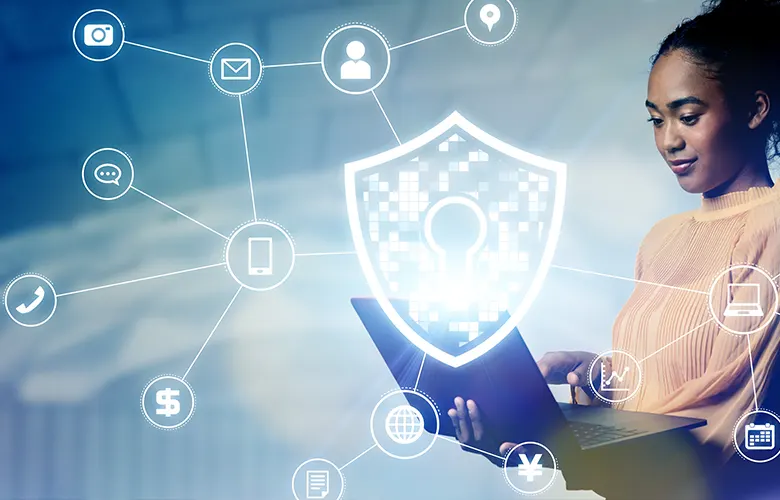
Laptops, Smartphones, Android Phones, Tabs, and other mobile devices are starting to take over the traditional classrooms of today. These technological advancements make the delivery of information easier.
Technology has revolutionized the educational environment to a whole new level.
- Adaptive, Personalized. Ruce University’s OpenStax adaptive digital textbooks use an algorithm system to automagically provide questions and practice sessions on the topics where the student is having difficulty with.
- Encourages Collaboration. There are new mobile device apps, like Basecamp, Google Classroom, Podio, Producteeev, and Kickoff, that connects students to each other and make it easier for them to coordinate their schedules, to-do-lists, assignments and other activities. Just like the students, there are also apps that make it easier for teachers to coordinate with each other.
- Learn Socially. Educational and game-based apps make learning in the classroom, more proactive and social. This improves the traditional teacher-centric educational model of the past.
- Learn Anywhere. They say learning goes beyond the classroom. Educational apps take this idea literally. The best example is the massive open online course, which makes people learn from a single instructor wherever they are in the world.
- Makes Assessment Easier for Teachers. Advancements in data collection like the BubbleScore apps make it easier for teachers to collect and interpret data. This makes it easier for the teacher to assess each student properly.



